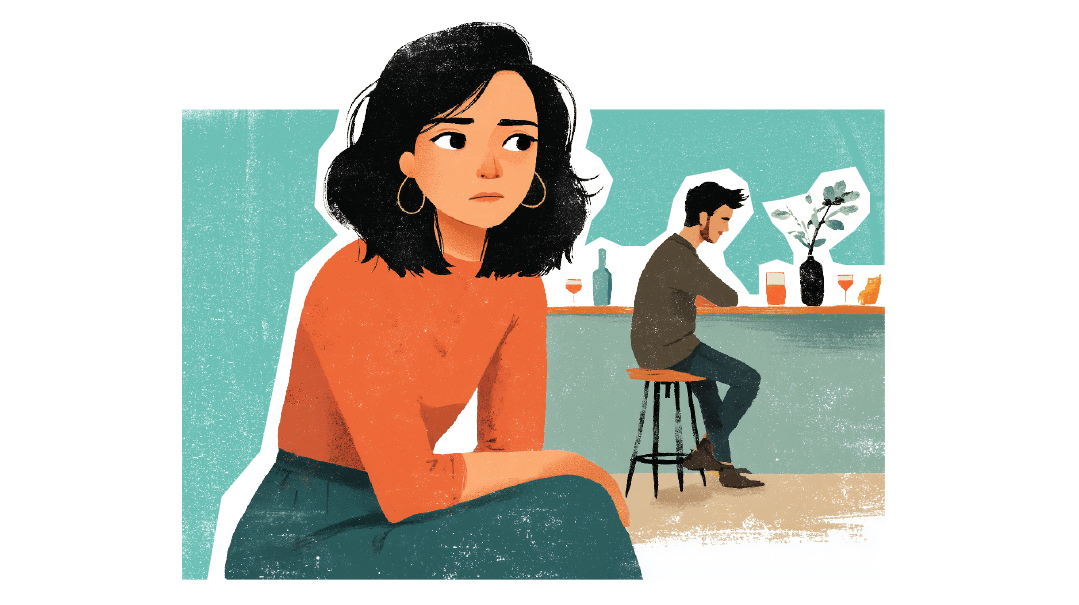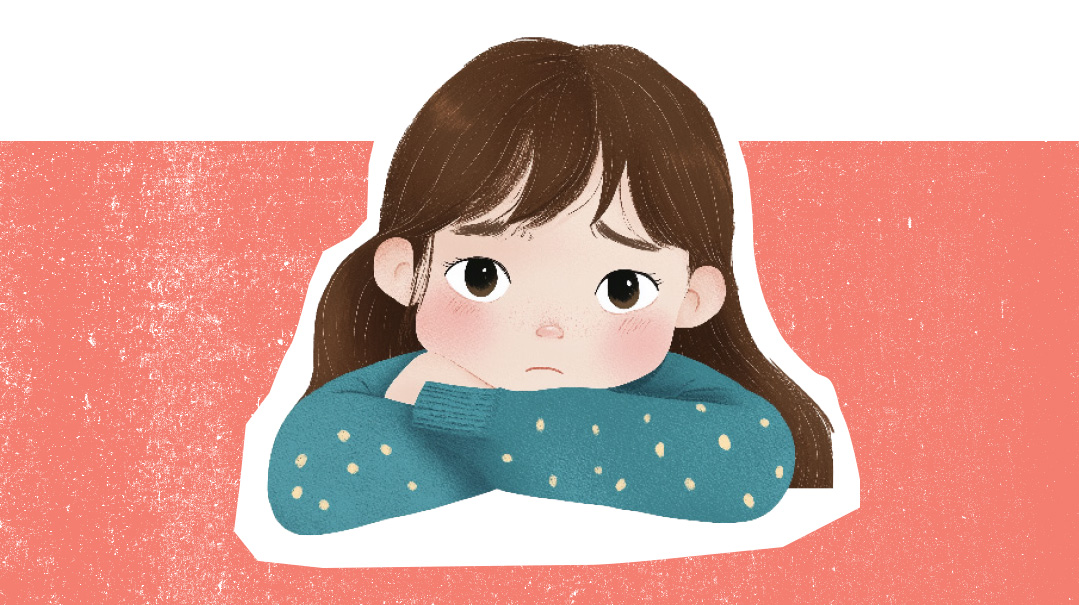Decisions, Decisions
| March 29, 2022What do we do when we “kind of” know what we need to do but we feel torn?

Decisions, Decisions
Esther Goldstein
Making decisions can be tough. Sometimes, wracked with indecision, we reach out to those we respect, thirsty for direction. Often we simply need a shift in perspective, other times we realize we must gather more data. And sometimes we already have an answer — we just need a boost of confidence to stand by what we feel is right.
But what do we do when we “kind of” know what we need to do but we feel torn about how to follow what our wise minds and hearts are telling us? Here are some steps that will help you make a balanced decision and follow through with it:
- Take your time.
Sometimes we’re drawn to an impulsive decision because we can’t sit with the discomfort of indecision. We feel compelled to jump in and make a change. Listen to yourself. If there’s clarity — then stay with it. Write it down. Own it. Be grateful for it. You need that clarity — but you may not need to jump into action. Let the clarity simmer. And only then begin to take small and mindful action steps. Taking things slowly will foster a sense of peace as you implement your decisions feeling grounded and confident.
- Expect emotions.
When we make a decision, there are always feelings that come along with it. You decide to leave a job because it’s a toxic work environment — that’ll come with a sense of relief, but also you’ll likely feel sadness, grieving the parts of the job you liked… or the people you worked with… or the disappointment of letting go of hopes you had for the opportunities there. There will be an empty space. Acknowledge it. Part of the decision process is saying “no” to something. Be okay with that. Remember that saying no is a way to say yes to something else.
- Align with your integrity.
When you need to make a decision, and you feel doubt and uncertainty creeping in, you don’t know where to go, where to invest your time, which relationship to stay in, or how to set helpful boundaries — go back to your values. Values and integrity serve as our heart’s compass, they guide and point us toward the decisions that align with our authentic self.
- Lean into the discomfort.
Living a meaningful life means that you’ll likely face tough decisions. Those of us committed to personal growth and development often notice the impact and importance of even small decisions and how decisions affect our overall quality and focus in life. If you choose to be home for dinner instead of staying late in the office, your husband and children will get to experience the investment of your time and love. If you notice your colleague seems upset, you may prefer to avoid facing it, but the road less traveled is seeing if you can lean into what your friend needs. Discomfort doesn’t need to be avoided; often there’s even a reservoir of comfort once you’ve walked the brave path through it.
- Know you can always make another good choice.
Indecision can be laced with fear, thinking “what if I make the wrong move again?” Don’t let a past decision you regret paralyze your current decisions. Being human is messy, and mistakes can teach us. You can always make a good choice, even if the last one wasn’t ideal. Resolve to believe you are not equal to the choices you make, and know that you have the power to make different choices.
- Stay mindful.
Be awake and attuned to yourself and your circumstances. If you’re stressed or not in a good headspace, press pause. Better to slow down and make no decision at all rather than needing to clean up the aftermath of something said or done in chaos. Before a big decision, check in with yourself: How do you feel? What outside factors might be contributing to that feeling? Do you feel pressured or bullied by anyone (including yourself) to make a certain choice? These questions can help you turn inward and assess whether now is the right time to make the decision.
Esther Goldstein is an anxiety and trauma specialist who runs a group practice called Integrative Psychotherapy & Trauma Treatment, in the Five Towns, Long Island, New York. Esther also has a trauma training program for therapists.
Welcome Color
Shira Savit
Either my day was a success or it was a disaster. Either I’m eating really healthy or I’m stuffing myself with junk. Either I’m dieting or cheating. Right? Wrong.
Black and white thinking can negatively impact our relationship with food and with self. When we eat “good food” we feel “good” about ourselves. When we eat “bad food” we feel like a “bad” person. This all or nothing approach can trigger us to eat even more.
Limiting feelings and behaviors to “I ate well” or “I blew it,” creates an either / or reality. “Since I ate dessert at the seudah, I completely lost my self-control and then binged all Motzaei Shabbos — there was just no point in trying anymore” is the despairing voice of black-and-white thinking.
An alternative mindset, which I refer to as “yes and also,” encourages us to recognize and hold differing feelings simultaneously. When we accept the coexistence of conflicting emotions, it becomes easier to let go of harsh self judgements.
A woman might feel out of control at times with the frequency of her snacking and also notice that she’s nourishing herself with mostly healthy foods. She might be upset for having eaten the whole chocolate bar and also be proud of herself for not having had that extra piece of cake.
Learning to live in the nuance can be liberating. When we make space for both the successes and the setbacks, our world is no longer black-and-white. “Today I had only one muffin when I wanted two, and I also turned to comfort food late at night” can lead a person to live with an array of color. I’m neither all good nor a complete failure. I’m a complex, deeply feeling human being doing the best I can.
Shira Savit, MA, MHC, INHC is a mental health counselor and integrative nutritionist who specializes in emotional eating, binge eating, and somatic nutrition. Shira works both virtually and in person in Jerusalem.
Byproduct, Not Goal
Dina Schnoonmaker
Happiness and honor are two things a person does not achieve when pursued directly. Rather, they are the byproducts of pursuing a goal that’s bigger than oneself. When we stretch to be a bigger person, we feel happy. This is why simchah b’mitzvos is so important — we don’t start the day with the goal of being happy, we start the day with the goal of doing a mitzvah and find ourselves happy as a result.
Dina Schoonmaker has been teaching in Michlalah Jerusalem College for over 30 years. She gives women’s vaadim and lectures internationally on topics of personal development.
(Originally featured in Family First, Issue 787)
Oops! We could not locate your form.







